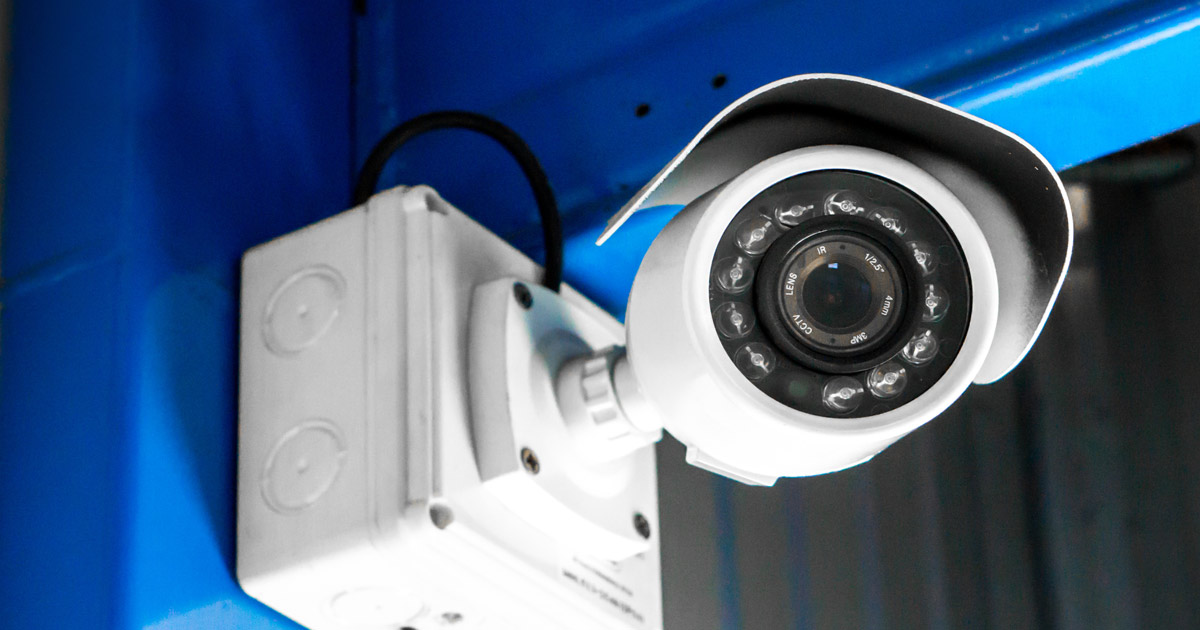Can My Employer Install Surveillance of Remote Employees?

One of the more interesting developments from the COVID-19 pandemic has been the transition of employees working from home as opposed to the office. The transition has been so seamless that many companies are considering maintaining the current work format, even after the pandemic ends. There are a few benefits associated with the work-from-home model. Employees get to avoid the grind of commuting to work every day, which also means they have greater flexibility. For the company, they can reduce their overhead costs by not having to pay for office space or any of the other office-related expenses that come with it.
However, the downside for employers is they are not in regular contact with their employees, meaning there is always the fear that an employee is not working or otherwise not being productive. Some companies have figured out a way around this problem by using software that will monitor their employees, even though they are no longer in the office. While employees anticipate a certain level of monitoring when they work in the office on their work computer, it becomes more of an issue when it is done remotely.
Tools that Monitor Working from Home
While the concept of remote working is nothing new, the number of companies that have been utilizing it has grown significantly in the wake of the pandemic. There is technology that helps employers keep an eye on their employees, even if the employee does not know they are under surveillance. Hubstaff recently created a product that employees can download onto their computer that records all their actions. The software tracks a worker’s hours, their keystrokes, and even records the websites that an employee visits. Another company, Sneek, offers software that will take pictures using a laptop computer of the users as frequently as once a minute. The app then uploads the pictures so that everyone can access them.
What are the Legal Concerns with Monitoring Employees?
Whether an employer is monitoring their employee in the office or at home, they still have the same legal obligation to notify the employee the monitoring is taking place. Many employees will sometimes use their personal computers or devices for work. In those instances, the company needs to establish a solid policy about monitoring. They need to inform employees that they will be monitoring them on their personal device and explain what they will be monitoring and why they are doing it. In addition, the company should limit any monitoring to those that have a direct impact on the job and conduct it during certain business hours. In general, when a person connects their personal computer or their personal device to either a corporate network or virtual private network (VPN), companies have the right to ask to monitor their employees.
Using Data to be More Productive
Not all companies are using the monitoring software to keep tabs on their employees. Some are using it with an eye toward returning to the office. Employers are finding that some people are more productive at certain times. As companies consider returning to the office, they still need to practice social distancing and one way to do that is to bring people in on staggered shifts. Bringing people in at their most productive time will help utilize personnel to their fullest potential.
Philadelphia Employment Lawyers at Sidkoff, Pincus & Green P.C. Help Employees with Privacy Concerns
If you feel that your company is monitoring your movements as you work from home without informing you, contact the Philadelphia employment lawyers at Sidkoff, Pincus & Green P.C. today. For an initial consultation, call us at 215-574-0600 or contact us online. Located in Philadelphia, we serve clients throughout New Jersey and Pennsylvania.













